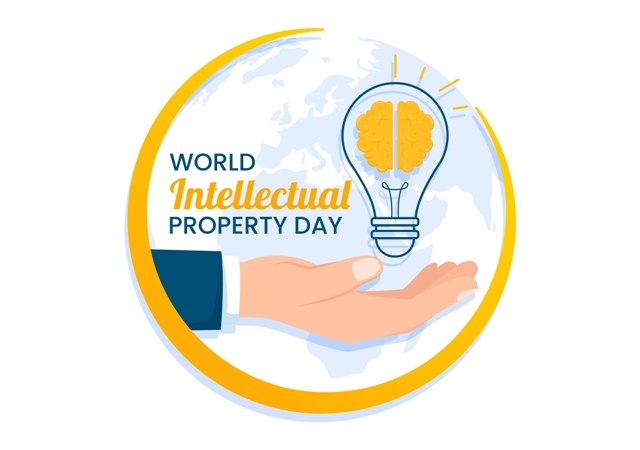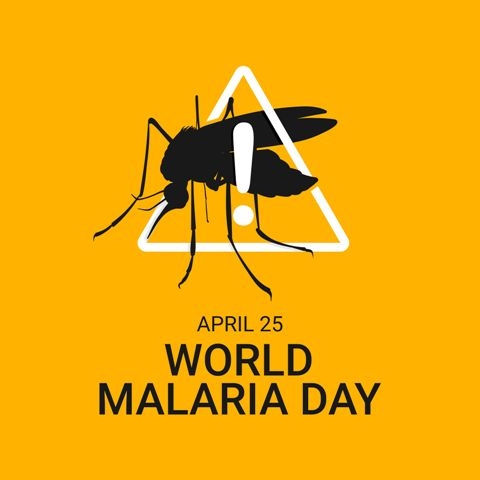International Day of Zero Tolerance for Female Genital Mutilation.
Wednesday - February 7, 2024 12:12 pm ,
Category : WTN SPECIAL

February 6th marks the International Day of Zero Tolerance for Female Genital Mutilation (FGM), a day dedicated to raising awareness about the detrimental effects of this harmful practice and advocating for its eradication worldwide. FGM is known as female circumcision or cutting that involves the partial or total removal of external female genitalia for non-medical reasons. This practice is deeply rooted in cultural and social norms in some communities, poses serious physical, emotional and psychological consequences for millions of girls and women globally.
The significance of observing this day lies in its role as a platform to amplify voices against FGM and mobilise action towards its elimination. FGM is a widespread issue affecting girls and women in various regions across Africa, Asia, and the Middle East, as well as migrant communities in other parts of the world. Despite concerted efforts by governments, NGOs and international organisations to combat FGM, progress has been uneven and the practice persists due to deeply entrenched cultural beliefs, gender inequality and lack of awareness about its harmful effects.
The consequences of FGM are profound and multifaceted. They range from immediate health risks such as severe pain, bleeding, infections and even death. Also long-term complications including urinary problems, sexual dysfunction, childbirth complications and psychological trauma. FGM perpetuates cycles of discrimination, marginalisation and gender-based violence, reinforcing harmful patriarchal norms and denying women and girls their rights to health, education and autonomy.
Education and awareness - raising efforts are crucial in combating FGM. By promoting dialogue within communities, challenging misconceptions and providing accurate information about the health risks and human rights implications of FGM, we can empower individuals to make informed decisions and advocate for change. Efforts to strengthen legislation enforce laws prohibiting FGM and provide support services for survivors are essential in creating an enabling environment for the abandonment of this harmful practice.
The significance of observing this day lies in its role as a platform to amplify voices against FGM and mobilise action towards its elimination. FGM is a widespread issue affecting girls and women in various regions across Africa, Asia, and the Middle East, as well as migrant communities in other parts of the world. Despite concerted efforts by governments, NGOs and international organisations to combat FGM, progress has been uneven and the practice persists due to deeply entrenched cultural beliefs, gender inequality and lack of awareness about its harmful effects.
The consequences of FGM are profound and multifaceted. They range from immediate health risks such as severe pain, bleeding, infections and even death. Also long-term complications including urinary problems, sexual dysfunction, childbirth complications and psychological trauma. FGM perpetuates cycles of discrimination, marginalisation and gender-based violence, reinforcing harmful patriarchal norms and denying women and girls their rights to health, education and autonomy.
Education and awareness - raising efforts are crucial in combating FGM. By promoting dialogue within communities, challenging misconceptions and providing accurate information about the health risks and human rights implications of FGM, we can empower individuals to make informed decisions and advocate for change. Efforts to strengthen legislation enforce laws prohibiting FGM and provide support services for survivors are essential in creating an enabling environment for the abandonment of this harmful practice.



